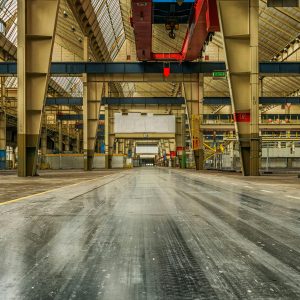Nigerian workers rally over rising cost of living crisis
Abuja, Nigeria (AFP):
Hundreds of Nigerian workers across various sectors were on strike Wednesday over the rising cost of living following the removal of subsidy on petrol.
The nationwide walkout was called on Tuesday by the two main workers unions –the Nigerian Labour Congress (NLC) and the Trade Union Congress (TUC) — after talks with the government to extend the subsidy broke down.
President Bola Tinubu on May 29, during his inauguration as the new leader of Africa’s most populous nation, ended a fuel subsidy regime, pushing up prices of food, transportation and other services.
In the capital Abuja, some 400 protesters led by NLC president Joe Ajaero marched through the city carrying placards and chanting pro-labour slogans.
The protesters were accompanied by armed police and soldiers.
Ajaero told reporters demonstrations will continue until the government reverses its decision on the petrol subsidy.
Many businesses, including government offices, banks and markets were closed. Only a few vehicles were on the roads as the workers rallied towards the city centre.
But in Lagos and other cities across the country of some 210 million people, the strike action was mixed. Some markets and shops remained opened although some commercial banks were closed.
Commercial buses were operating on the streets of Lagos while a few government offices opened for business in the sprawling city of over 20 million people.
Many Nigerians see cheap petrol as the best benefit they can get from their leaders who are often accused of inefficiency, mismanagement and corruption.
Nigeria, an oil rich country, imports the bulk of its petroleum products due to the dysfunction of its four oil refineries.
Under the subsidy, the government paid the difference between the cost of import and prices at the pump.
Last week both unions gave the government until Wednesday to revise the removal of the subsidy or be faced with a nationwide action.
The unions are also asking government to fix the decrepit refineries in order to end imports of fuel, which has been a huge drain on the country’s foreign reserves and resources.
The strikes were called despite Tinubu announcing a raft of packages to cushion the effect of petrol subsidy removal.










